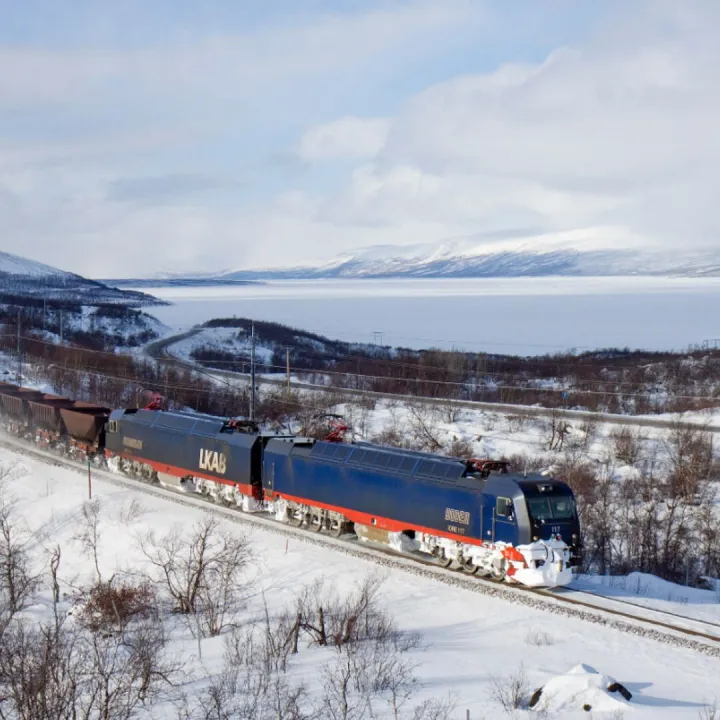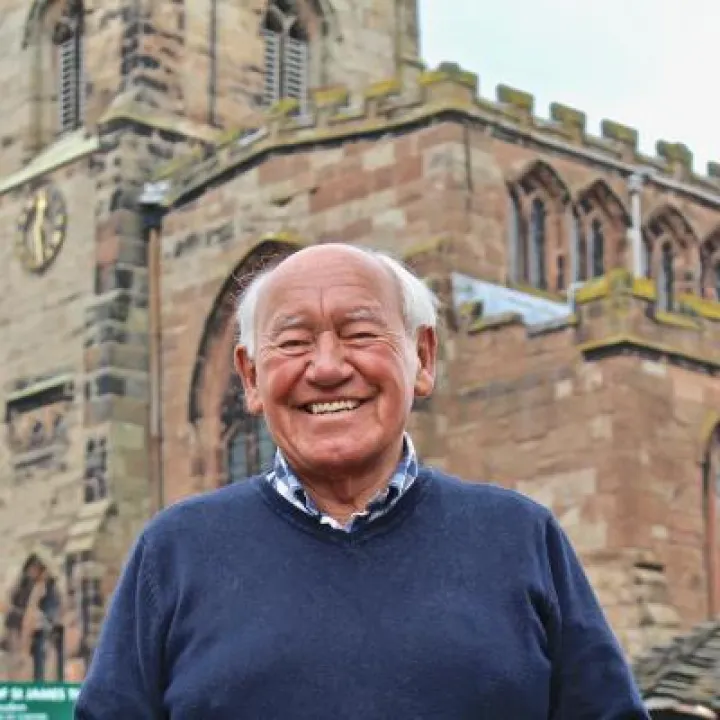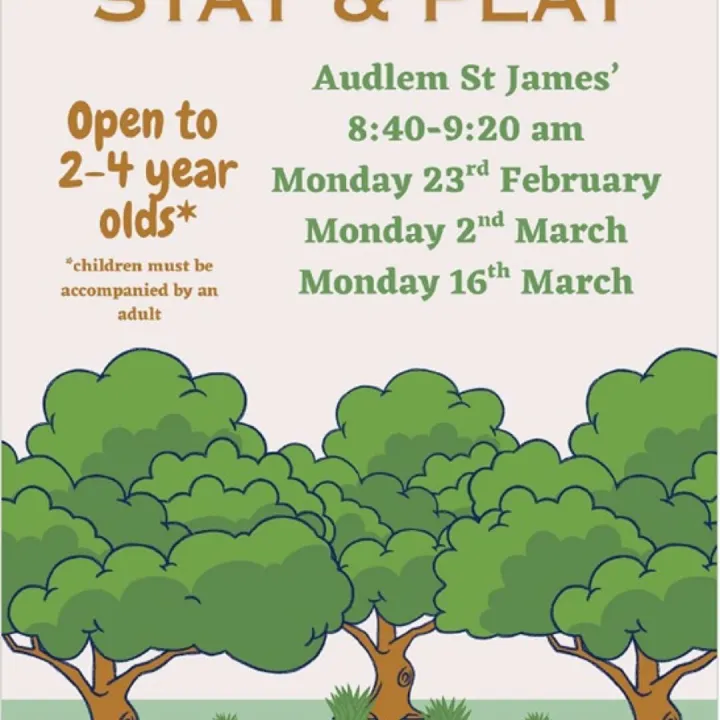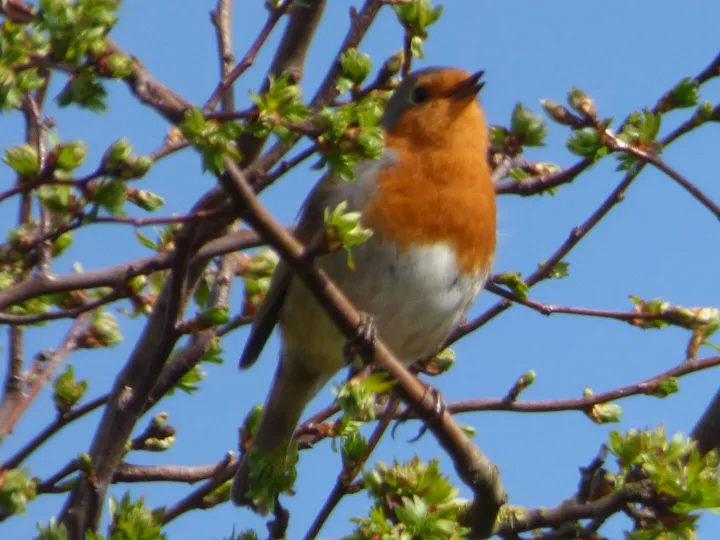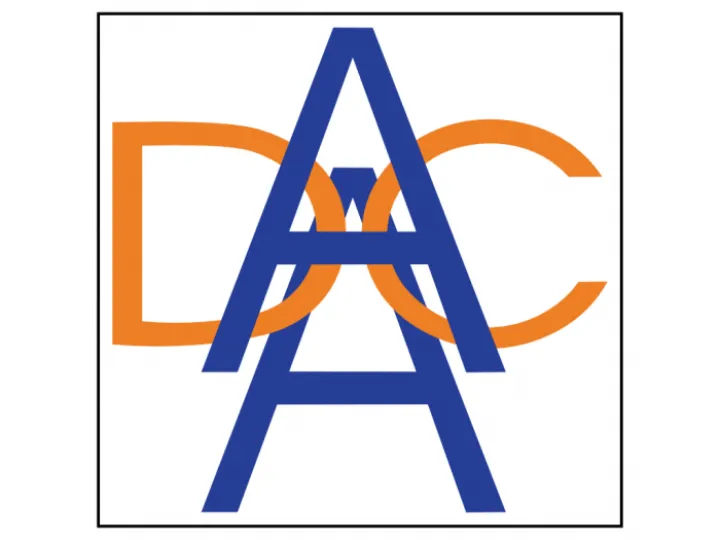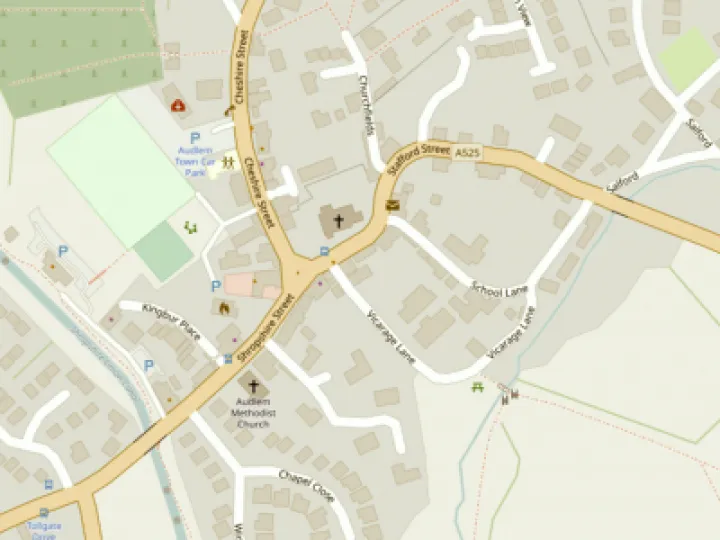Food and Fuel Crisis
As a child in the 1950's living on a mixed farm situated in the heart of a small Shropshire village with cows, sheep, pigs, poultry, dogs, cats not to forget my father's horses which my mother deplored (they took the grazing of a couple of cows) two things stand out.
First, the vital lesson of always looking carefully where you put your feet if wearing shoes, because it was undeniably a free-range environment.
The second was the regular stream of villagers appearing on our doorstep, usually with a milk can in hand, to purchase their daily supply.
No milkman in our village in those days. Eggs were also in short supply, and they didn't complain overmuch if they were mucky. Food, which was strictly rationed up until 1954 ,whilst we helped to feed Germany, was greatly appreciated.
Sometimes, when the pig had been slaughtered, there was bacon to be had, although family members would gather from far and wide for this event, descending like vultures for the feast. With the ear-splitting screams of the pig ringing in my ears, it was a joy when silence descended, only to be replaced by aunts or uncles excitedly rushing into the kitchen with steaming bowls of giblets and sweetmeats. Hams to be salted and sausages to be made.
Damn, didn't he put up a fight, an uncle would say whilst mother would mournfully reply, "I will miss him, he was a good sort really"- She loved her pigs and gave all the sows ridiculous names like Mary Anne, Henrietta, and Sarah Jane. Of course, there was always some bacon and sausage for the village bobby, a practise which has come down to the present day, if what I hear is correct about the occasional illegal slaughtering in those parts.
It's border country, and always will be. At days end the family would return home to the valleys in wobbly fashion, replete with Rhubarb or Parsnip wine flowing through their veins and containers full of tasty oddments, no fridges or freezers then. Salted hams layered in fat would hang from the pantry ceiling until required, occasionally, slightly hollowed out by an intrepid mouse.
It was this background no doubt, that influenced my time in the NFU where I spent 35 years trying to hammer home the message of food security to a host of politicians who passed by like clouds in the sky. The conclusion of the Cold War resulted in an air of complacency descending across the planet.
Previously, our membership of the European Economic Community, whose members still had wartime hunger ingrained into their psyche and who had implemented policies which resulted in wine lakes, grain mountains and meat surpluses, to ensure food supply safety, were eventually persuaded to enact reforms, direct farm payments not production incentives.
This allowed food production to shrink to fulfil demand rather than achieve over generous targets, whilst ensuring an adequate number of farmers remained in business to secure societies food requirements. But the reality of climate change has thrown a large spanner in the works and that was before Russia's invasion of Ukraine, the breadbasket of Europe.
We currently produce only sixty percent of our food in this small island and another component that impacts upon our ability to feed ourselves is energy production. The UK approach to green energy is generally associated with wind and sun, but what is less well known is the generation of electricity from farm biogas. This involves the construction of large bio digesters, there is one visible from the Whitchurch bypass. These units are generally run on a mixture of manure, cow, poultry, or pig. But they also need substantial quantities of wheat, maize, or beet to add to the mix to obtain optimum gas production which is then used to power large gas engines to generate the electricity that goes into the national grid.
In addition, we are growing wheat to produce E10 petrol, the stuff that doesn't give you as many miles to the gallon as its oil based original.
The finance for this type of generation comes from the Green Energy Tariff, which is added to all electricity bills, irrespective of the consumers ability to pay. Therefore, as well as punishing the poorest in society for their energy supply, it also consumes valuable crops that would otherwise go into the food chain to keep down the price of bread and reduce our reliance on imports. How green is it to import wheat, maize, or sugar from around the world to replace that which we pour into bio digestor plants?
'It's the economy, stupid,' is a catchphrase from Bill Clinton's election campaign in 1992 But today, as Putin's tanks roll across the Ukrainian steppes and Europe is taken a century back in time, the world of realpolitik should give us all cause to reassess our priorities.
And, as the excellent Minette Batters, current President of the NFU told government at the Oxford Farming Conference, she may well have summed it up succinctly as, 'It's food, stupid' because food, in the final analysis, will always trump the economy. Anyone listening to David Beasley of the World Food Programme talking on the radio recently, will note his extreme concern for food security worldwide because of the Ukrainian crisis.
His observation that Ukraine supplies 30% of the world's wheat, 80% of sunflower oil and 20% of maize not to mention oil seed rape oil, will have been left in no doubt as to the global impact upon the price of bread and many other essentials, of this conflict.
On the other hand, the UK presently appears to be walking down a path that prioritises trees, environmental schemes, and energy generation to the detriment of food security, relying instead upon a global import strategy as they negotiate vital trade deals post Brexit. Tried and trusted home grown is up against cheap and cheerful from the other side of the planet.
Dark days lie ahead if Putin conquers Ukraine, for it will supercharge his ability to exercise supply control over world food supplies as he has over oil and gas.
We now find ourselves heading into the deepening trough, the economy stagnating and inflation soaring, which might be summed up by Hokusai's, "The Great Wave".
In addition, farmers are leaving the industry. Many milk producers have had enough of low prices inflicted by supermarket discounting practises, and it is estimated that production will fall well short of demand this year. The milk price has now rallied, but too late for many. There is no magic tap to increase food supply. It takes time and forward thinking by government to inject stability and confidence for farmers to risk their capital, not to mention the labour requirements to produce, harvest and process the crops.
As a farmer myself and one who has planted trees in a small way all my life (I currently have a scheme in hand to plant up another ten acres, maybe more, but only on steep marginal land or on boggy stream ground) I find the current stance of our government in total conflict with the reality of our situation.
We are, like it or not, a small island race with a burgeoning population, a growing demand for food and a reducing area to produce it. Promises are fine, but without delivery bellies will be empty, and we already have twice as many food banks as there are McDonald outlets.
Peter Morgan
05/05/2022
Get In Touch
AudlemOnline is powered by our active community.
Please send us your news and views using the button below:
Email: editor@audlem.org


